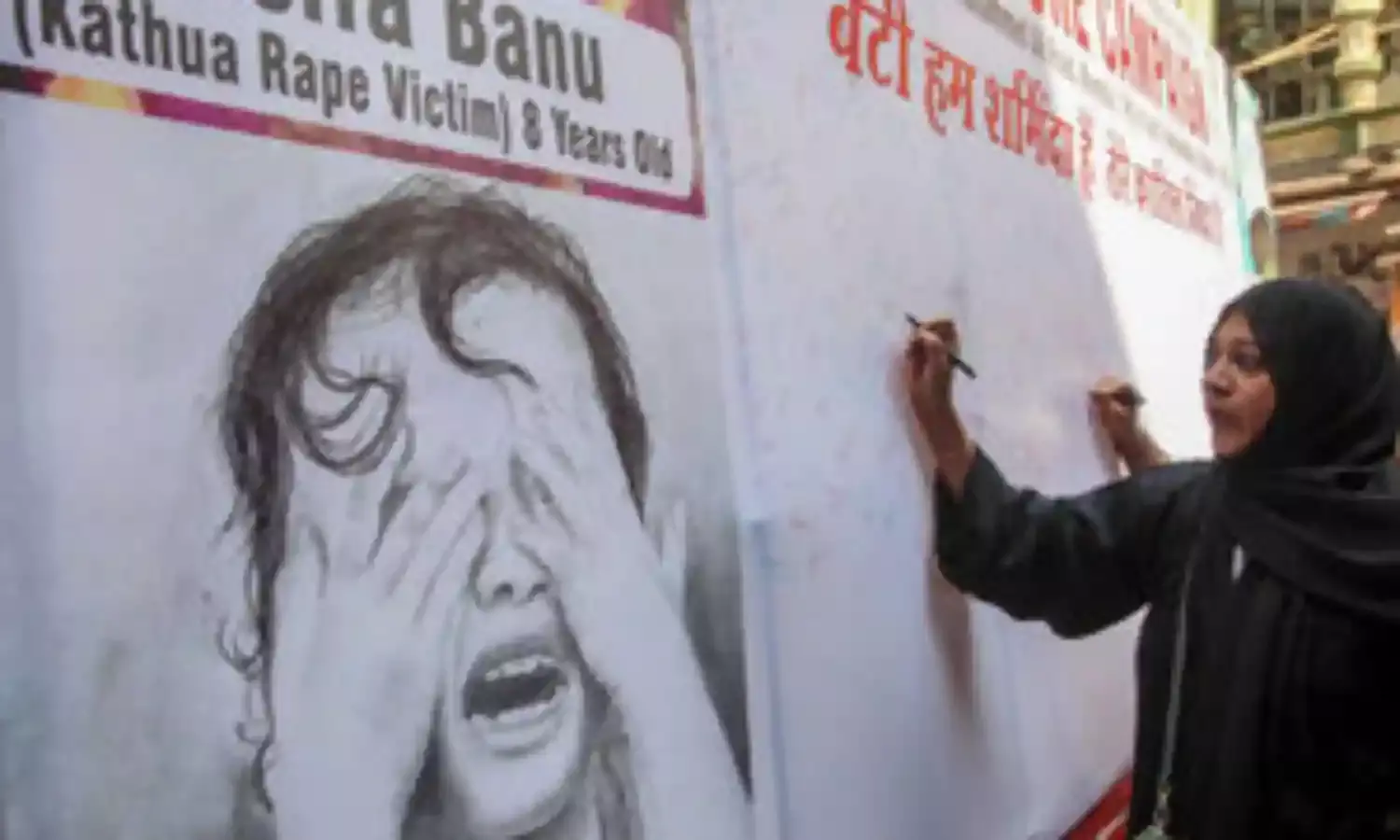Needed Speedy Trials and Prosecution, Not a 'Reactionary' Child Rape Ordinance
Needed Speedy Trials and Prosecution, Not a 'Reactionary' Child Rape Ordinance

NEW DELHI: Horrified at the Ordinance on death penalty for girl child rapists, a panel headed by Justice A P Shah along with Vrinda Grover, Anuja Gupta, Bharti Ali and Anup Surendranath appealed to the parliamentarians to reject this and ensure the Ordinance is not converted into a law.
Justice Shah, former Chief Justice of Delhi High Court and former Chairman of the Law Commission of India appealed to parliamentarians to reject the ordinance as it carries adverse impacts on the victim. “The ordinance is reactionary, impractical in terms of the procedural changes brought in and disproportionate with regards to sentencing. It is designed to fail girl children once again”, he said.
“Instead of addressing the root cause of the problem the government has shed away its responsibility by passing the cosmetic changes to the criminal law” and “more a political decision as it fails to fight the menace of sexual violence”, Shah added.
“It is extremely distressing that the government instead of addressing the reasons why convictions continue to be abysmally low for sexual violence against children and women, has instead indulged in legal populism by introducing longer sentence including death penalty through this ordinance”,advocate Vrinda Grover who represents victims of sexual assault said.
“There is a urgent need to improve and professionalise, investigation and prosecution, create an understanding about child sexual abuse in gender based crimes among all stakeholders in the legal system, to counter institutionalise bias against victims of sexual violence”, she added. Grover said that the Ordinance directive to fast track investigations and trials, “without investment in training and allocation of more resources, inspire no confidence”.
Anuja Gupta, Executive Director, RAHI Foundation: A Centre for Women Survivors of Incest and Child Sexual Abuse, strongly opposed the Ordinance saying that it was “ not based on any understanding of the dynamics of incest and child sexual abuse, which is of epidemic proportions in India and is taking our homes as a matter of daily routine”.
Gupta, who has been working for more than 20 years with victims and survivors of child sexual abuse said, “Victims do not want their perpetrators to go to jail, let alone face death”. She further added that the decision would “add to the trauma they already go through and place the guilt on the victims for putting the person on death row”.
Highlighting the poor condition of the victims and the social stigma attached, Bharti Ali from HAQ, Centre for Child Rights said, “About 0.05 percent of the budget is spent on child protection, in 26 percent cases the child victim had to shift their schools and as a result of the existing stigma the families had to move out of the place of residence”.
Pointing out “structural deficiencies”, Bharti said it was essential to increase the number of courts, establish forensic laboratories, appoint exclusive prosecutors and requisite personnel and ensure a stable cadre of police officers to deal with such cases.
“The question of death penalty as a deterrent must be examined in the particular realities of child sexual abuse in India and that conversation has been completely missing”, Anup Surendranath from the Centre on Death Penalty, National Law University, Delhi said. Describing the Ordinance as a distraction he said, “ this time we are playing around with safety of our girls and we owe them a lot more honesty than what has led to this ordinance”.
Families of three victims of child sexual abuse were also present at the media interaction. They condemned the Ordinance calling it “dangerous and life endangering”. One of the family members called death penalty “too easy a punishment” as compared to their suffering. Highlighting the extremity that lies ahead of the ordinance, it would result in “killing the victim at site to remove all evidences of sexual violence”, said a father whose three year old daughter was abused by her playschool manager in 2014 and is still struggling to get justice.
Recent empirical studies clearly point to poor implementation of the POCSO (Prevention of Children from Sexual Offences) Act, even after five years of the law coming into force. The conviction rate for child rape stand at 28.2 percent and pendency at 89.6 percent. The panel explained that there are no special courts and special public prosecutors.
On March 26, 2018 Campaign Against Death Penalty For Child Rape, a platform formed in response to State Governments imposing death penalty for rape of children below 12 years, wrote to the President of India requesting a personal hearing on this matter. The letter was signed by as many as 196 individuals from different child and women rights organisations, educational institutions and lawyers. Clearly, the appeal was ignored.
Talking to The Citizen, Bharti Ali expressed their next step as “involving the legislation in way to set up a standing committee in the Parliament to look into the matter”.
Endorsed by 111 signatories, the panel urged Members of Parliament to reconsider the decision on death penalty as a punishment for ‘girl child rape’ in the name of ‘child protection’ when the ordinance is presented for approval along with other demands.


